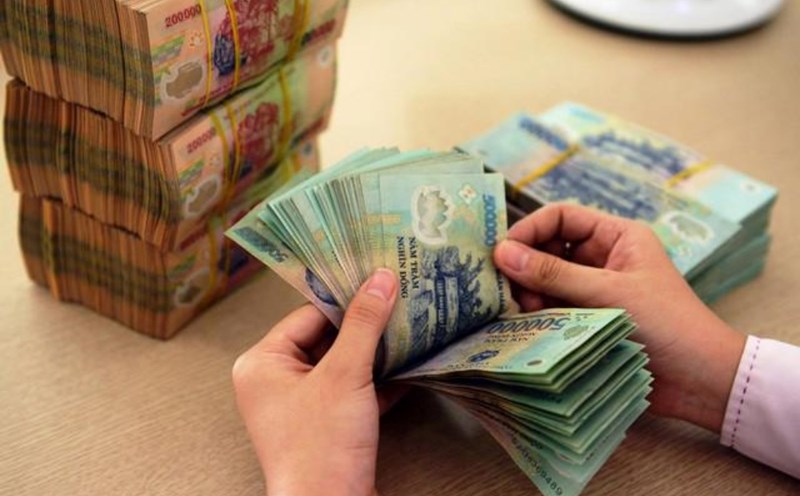On July 8, the State Bank held a regular press conference for the second quarter of 2024. Informing at the press conference, Deputy Governor Pham Thanh Ha said that from July 1, 2025, he will be assigned to be the spokesperson of the State Bank of Vietnam (SBV) and is responsible for providing information to press agencies.
Regarding credit management, Deputy Governor Pham Thanh Ha said that as of June 30, economic credit reached over VND 17.2 million billion, an increase of 9.9% compared to the end of 2024, credit focused on priority sectors, production and business.
Credit programs continue to be implemented such as the Social Housing Lending Program, Workers' Housing, Renovation and reconstruction of old apartments according to Resolution 33/NQ-CP (currently 145,000 billion VND); The VND500,000 billion credit program for infrastructure investment loans, digital technology to implement key/ national importance projects in the fields of transportation, electricity and digital technology according to the list announced by ministries and branches; lending to the agricultural, forestry and fishery sector (increased to VND100,000 billion)...
A spokesperson for the SBV said that in the first 6 months of 2025, the SBV will continue to keep the operating interest rates unchanged, creating conditions for credit institutions to access capital from the SBV at low costs, thereby creating conditions to support the economy. At the same time, the SBV regularly directs credit institutions to continue to reduce operating costs, increase the application of information technology, digital transformation and other solutions to strive to reduce lending interest rates.
The leader of the State Bank said that in the first months of 2025, the global economy's growth slowed down, affected by many factors: from rapidly changing tariff policies to increased geopolitical tensions. Early in the morning of July 18, Vietnam time, the US announced a tax rate of 25-40% for 14 countries, effective from August 1, and warned that it would increase taxes if these countries paid back, showing that the global economy is still uncertain in the coming period.
inflation, although cooling to target levels, still risks re- rising. Thus, potential risks in the world financial and monetary market put pressure on domestic CSTT, exchange rate and interest rate operations as well as the implementation of the target of supporting economic growth in 2025 at 8% or more.
In that context, the SBV always closely monitors macroeconomic developments, domestic and international financial and monetary markets to build appropriate management scenarios; proactive, flexible, timely, effective CSTT management, synchronous, harmonious, and close coordination with fiscal policy and other macroeconomic policies, contributing to the priority of strongly promoting economic growth associated with maintaining macroeconomic stability, controlling inflation, and ensuring major balances of the economy.











